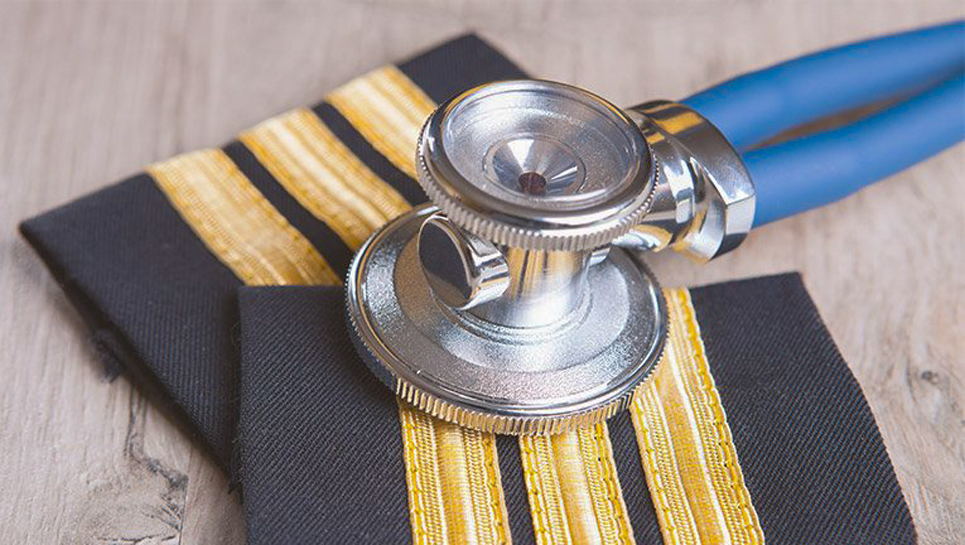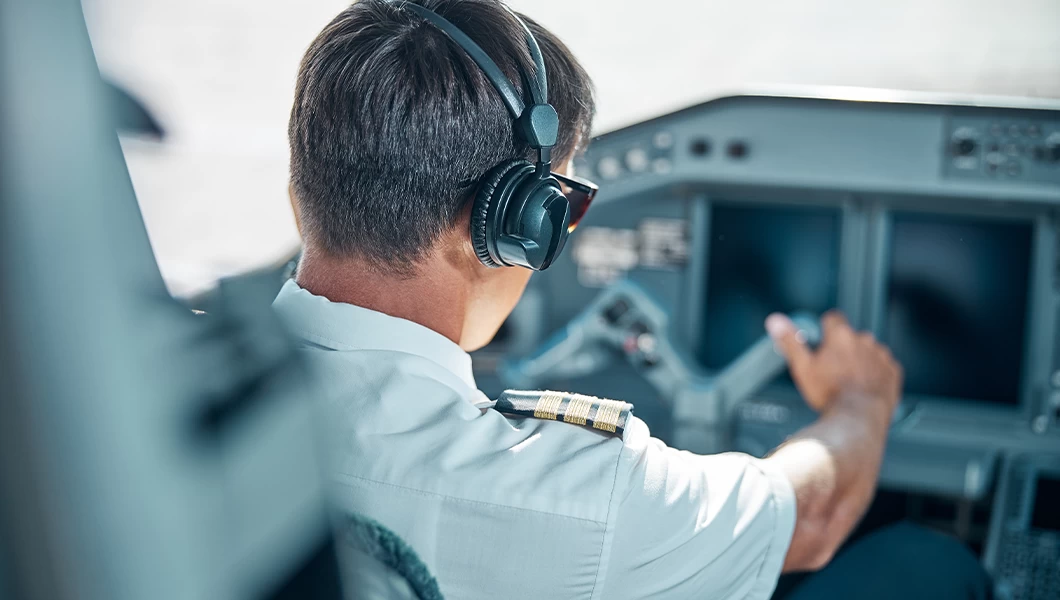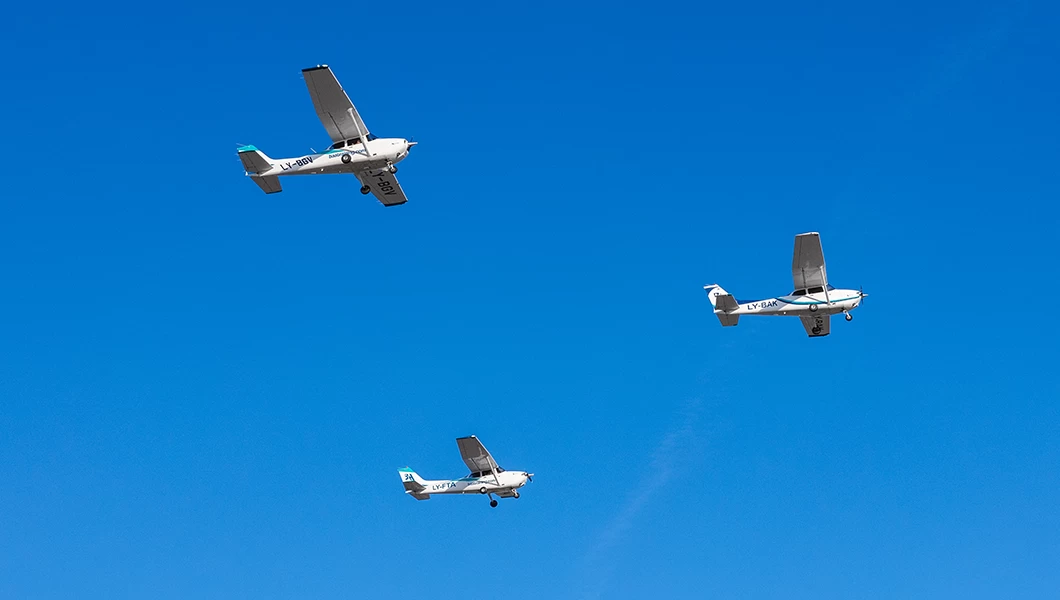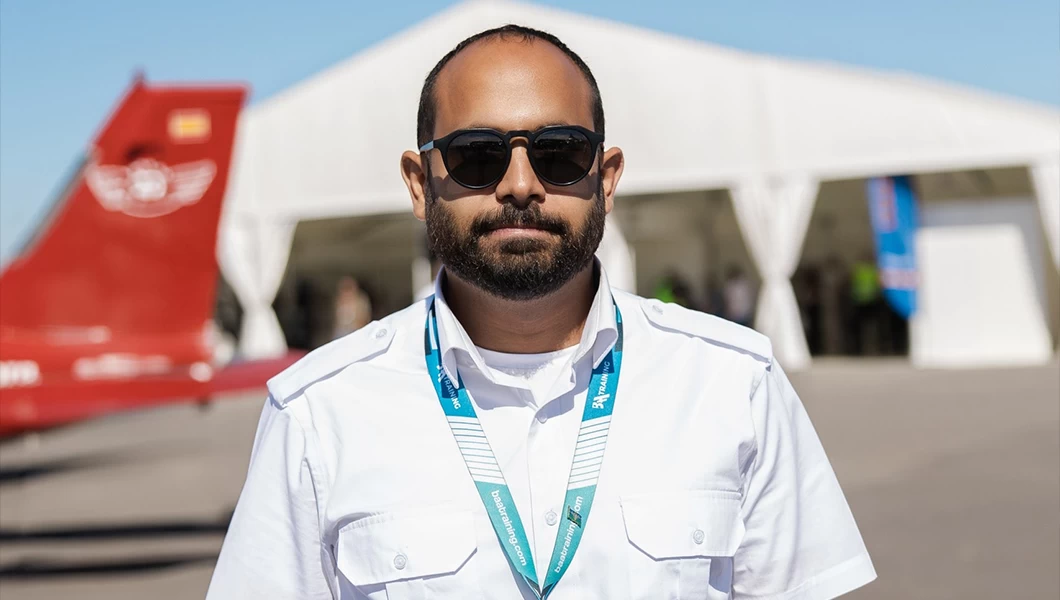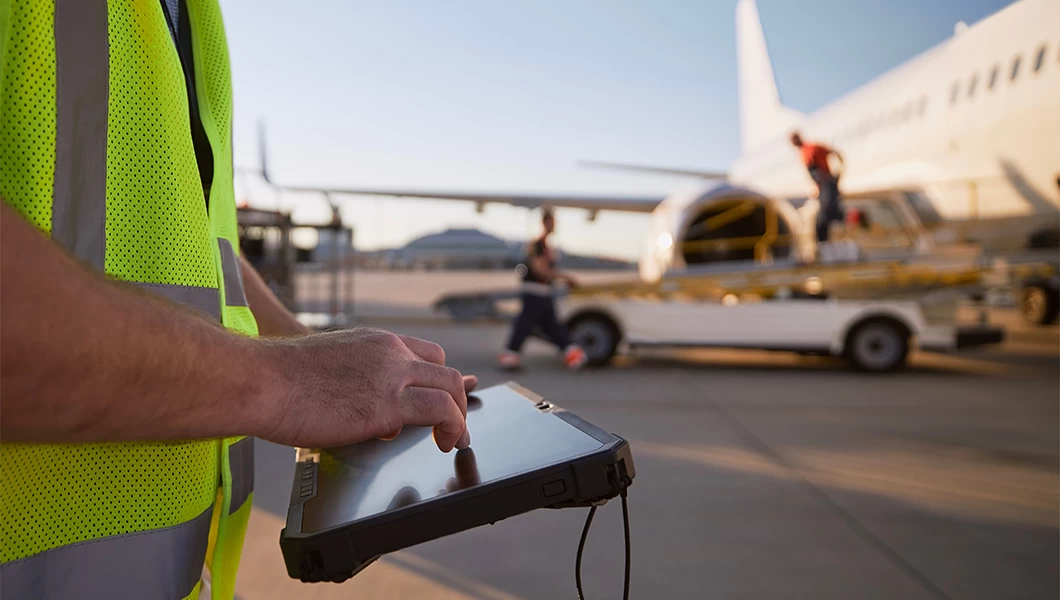Every candidate must obtain Class I and Class II medical fitness certifications in order to become a commercial pilot. Class II certification is required initially while joining a flying school, while Class I certificate can be obtained during the training.
These certifications are issued by local CAA approved medical examiners. The examiners are generally the military and civil medical professionals who check a person’s mental and physical fitness.
An applicant for any class of medical assessment shall be required to be free of any abnormality, congenital or acquired; any active, latent, acute or chronic disability; any wound, injury or sequelae from operation; any effect or side-effect of any prescribed or non-prescribed therapeutic, diagnostic or preventive medication taken; such as would entail a degree of functional incapacity which is likely interfere with the safe operation of an aircraft or with the safe performance of duties.
Second class medical certificate
A second class medical certificate is required only for General Aviation pilots – those that fly as a hobby. As the holder is not involved in commercial activities, the certificate is not so restrictive; still, the holder of the medical certificate must be mentally and physically fit to exercise the privileges of the applicable license safely.
First class medical certificate
A first class medical certificate is required for all pilots involved in commercial aviation. This certificate follows the most restrictive medical standards. The holder of a medical certificate must be mentally and physically fit to exercise the privileges of the applicable license safely.
First class medical certificate requirements include checks of eyesight, ears, psychical examination, electrocardiogram (ECG), lung function, cholesterol blood, hemoglobin blood, chest X-ray, urine, period of validity. ECG can show disorders of the heart rhythm or of the conduction of the impulses, and sometimes it can show a lack of blood supplying the heart muscle. Chest X-ray investigation is not required for PART-FCL Class 1, but may be required when indicated on clinical or epidemiological grounds. Lung Function Test is used to test ability to breathe deeply and to expel air from your lungs. Physical Examination is a general check that all is functioning correctly. It will cover the lungs, heart, blood pressure, stomach, limbs and nervous system.
A pilot is recommended to follow a healthy and hygienic lifestyle, avoid drinking and smoking for at least 3 months before taking these tests. It is for the benefit of the person and the exam results.
Your PILOT CAREER
starts with a first click
Is it possible to fail?
Many aviation medical examiners are pilots themselves, and want to help others to pass the exam. While there are certain medical conditions that prevent people from becoming pilots, the majority of them only require a more extensive exam and then the future pilot will probably have to do some paperwork before receiving a “special issuance medical certificate” from the local CAA. If a person has a medical condition which might disqualify him, it’s best to research the information in advance to prepare yourself for the medical examination. Being denied a medical certificate isn’t common, while waivers and an extended processing times are.
Renewal
Medical fitness requirements change from time to time. Every commercial pilot’s license holder is obliged to have a Class-1 medical check every year. A commander holding an airline transport pilot’s licence (ATPL) and all pilots aged over 40 are obliged to have medical tests twice a year.
For most people, the aviation medical exam is a piece of cake. For others, it can be frustrating to wait for the waiver process to be completed. But this is the part that must be passed by each pilot.
